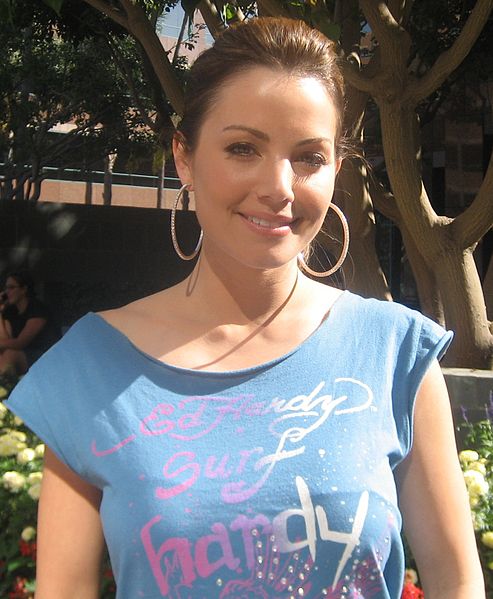Poirier, Anne Claire
Anne Claire Poirier, film director, producer (b at St-Hyacinthe, Qué 6 June 1932). She joined the National Film Board in 1960, eventually going into film direction, which had been essentially a male preserve. Her first full-length film, De mère en fille (1968), dealt with the physical and emotional experience of pregnancy. In 1973 Poirier produced the "En tant que femmes" series which offered female film producers their first organized platform for expression. In this series, Poirier directed Les Filles du roy (1974) and Le Temps de l'avant (1975), the latter a sensitive study of the abortion issue. She then produced the powerful Mourir à tue-tête (1979), a film about rape. La Quarantaine (1982) deals with the critical fifth decade of a person's life.
In 1988, Poirier directed Salut Victor!, a telefilm about old age, loneliness and homosexuality, adapted from the Canadian writer Edward O. Phillips. The next year, for the 50th anniversary of the NFB, she made a montage compiling evidence of the evolving attention paid by male and female filmmakers in the NFB to the lot of women. Tu as crié LET ME GO (1997), ponders an event that overturned the filmmaker's life: the murder of her daughter.
A pioneer of female and feminist films, Poirier won the Albert-Tessier Prize in 1988.

 Share on Facebook
Share on Facebook Share on X
Share on X Share by Email
Share by Email Share on Google Classroom
Share on Google Classroom




